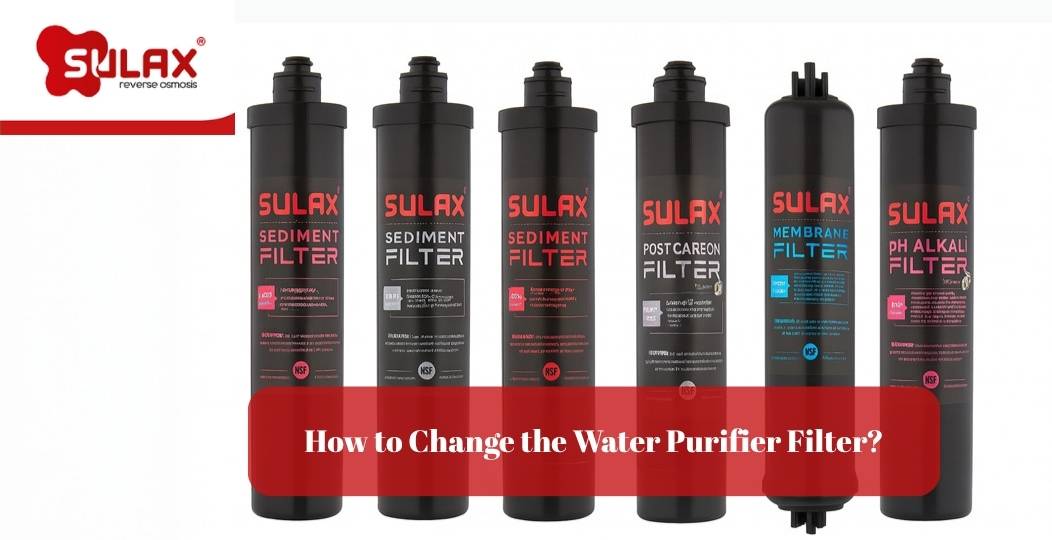
İçindekiler
Hard water is water that contains high amounts of dissolved calcium (Ca) and magnesium (Mg) ions. As groundwater naturally passes through soil and rock layers, it dissolves these minerals and takes them into its structure—thus becoming hard water. This is where water purification systems come into play. Modern water purifiers filter calcium and magnesium ions, soften the water, improve drinking quality, and protect household appliances against limescale.
What Are the Characteristics of Hard Water?
Contains abundant Ca²⁺ and Mg²⁺.
Lathers poorly with soap and detergents; requires more product.
Forms limescale (CaCO₃) especially when heated; causes efficiency loss in kettles, boilers, washing/dishwashers.
Higher electrical conductivity due to ion content.
Usually clear; may leave a slight metallic taste.
Can cause dry skin and dull hair; increases soap residue.
What Are the Downsides of Hard Water?
Appliances and Plumbing
Hard water creates limescale on heating surfaces; it builds up in pipes, leading to clogs and low water pressure. Heaters and washing/dishwashers may fail or wear out early.
Cleaning and Hygiene
Lathering becomes difficult; more detergent is needed. White limescale spots appear on glass and tiles; laundry becomes stiff and fades.
Personal Care
Hard water may cause dry skin, dull hair, and dandruff. Its taste can be unpleasant for some people.
Other Effects
Limescale shortens appliance lifespan, increases energy consumption, and reduces efficiency.
How to Tell If Water Is Hard?
Poor lathering with soap.
Limescale deposits on faucets, showerheads, and kettles.
Tight skin after showers; dull hair.
Stiff laundry and color fading.
For precise results, measure with a water hardness test kit.
Is Hard Water Harmful to Health?
Hard water is generally not harmful. The calcium and magnesium it contains are beneficial for bone and muscle health. However, people at risk of kidney stones or with very dry skin or brittle hair may prefer a water softener.
Disadvantages of Hard Water Compared to Soft Water
Lower cleaning performance.
Causes limescale in appliances.
Triggers plumbing issues.
Adversely affects skin and hair.
Increases energy consumption.
Soft Water vs. Hard Water (Comparison)
Feature | Soft Water | Hard Water |
|---|---|---|
Lathering Ability | Lathers easily | Poor lathering |
Cleaning Performance | Provides effective cleaning | Requires more detergent |
Limescale Formation | Does not form | Common; damages devices |
Skin & Hair Effects | Soft and comfortable | Dryness, dullness, dandruff |
Appliance Lifespan | Longer | Shorter; frequent maintenance |
Energy Consumption | Lower | Higher (heat loss due to scale) |
Plumbing Health | Pipes stay clean | Higher clog risk |
How to Get Soft Water from Hard Water?
Ion exchange (with softener resin).
Reverse osmosis (removes minerals through a membrane).
Phosphate-based chemical softeners (use as directed).
Magnetic/electronic conditioners (supportive in some applications).
Frequently Asked Questions
Is Hard Water Harmful to Health?
Generally, no; its minerals are beneficial. In very hard water areas, sensitive individuals may opt for filtration/softening.
Is Hard Water “Limescale Water”?
Yes. High Ca and Mg content precipitates as limescale (calcium carbonate), especially when heated.
Which Ions Are Found in Hard Water?
Mainly calcium (Ca²⁺) and magnesium (Mg²⁺) ions.
How Does Hard Water Form?
Groundwater dissolves minerals from rocks and becomes hard.
What Softens Hard Water?
Ion exchange, reverse osmosis, appropriate chemical softeners, and magnetic/electronic conditioners.














